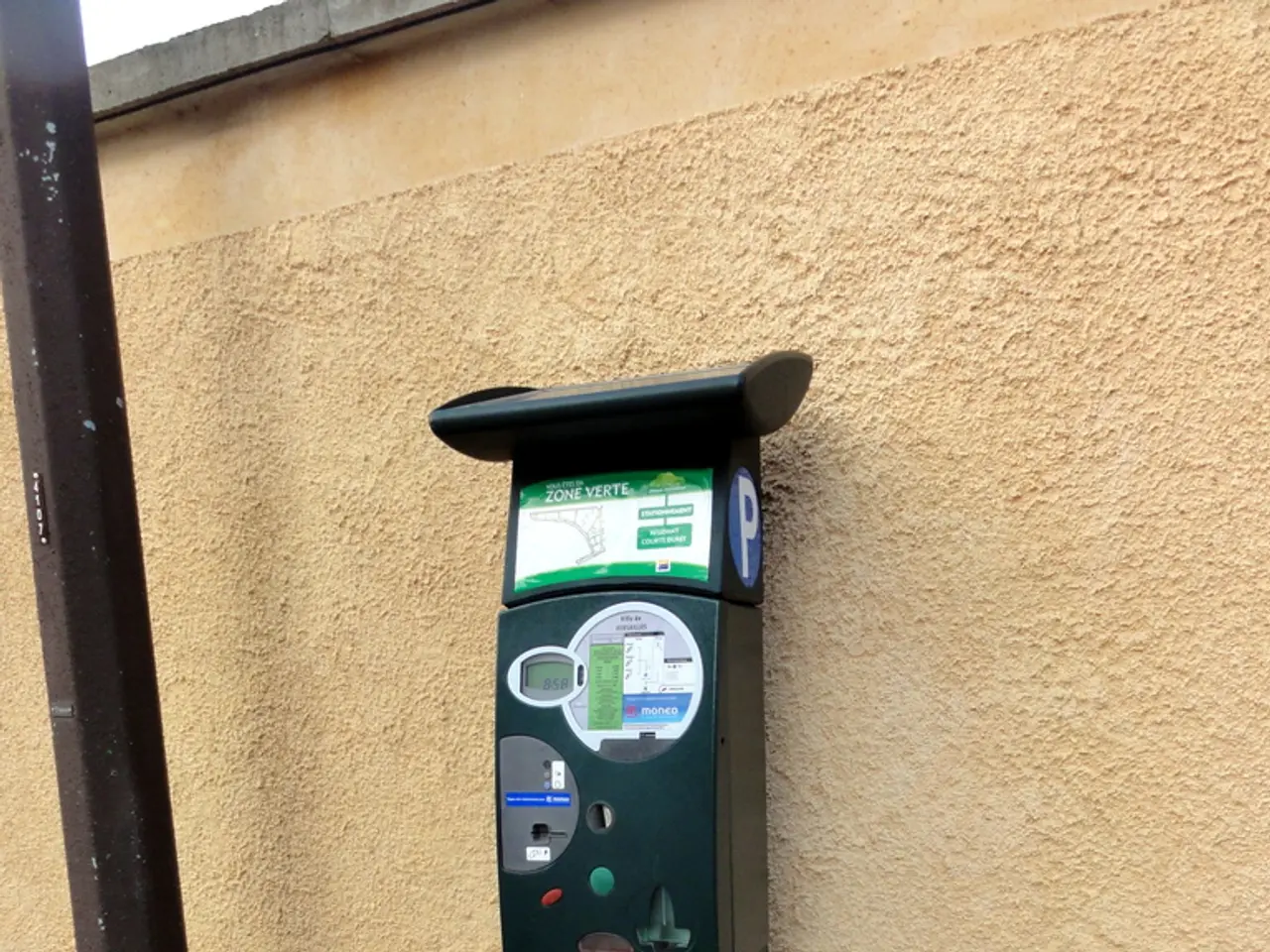Real-time Anti-Money Laundering Transaction Alerts Now Compulsory by Nigeria's Central Bank
The Central Bank of Nigeria (CBN) has issued a draft for updated Automated Anti-Money Laundering (AML) solutions, marking a pivotal shift in Nigeria's fight against financial crime. The new standards require all financial institutions in Nigeria to implement real-time alert systems for high-risk transactions such as cross-border transfers, excessive cash deposits, and cryptocurrency-related activities.
The draft stipulates that financial institutions must establish real-time transaction alert systems for suspicious activities to enhance operational efficiency, ensure compliance with AML, Combating Financing of Terrorism (CFT), and Counter-Proliferation Financing (CPF) regulations, and replace manual compliance processes with advanced technology, including AI-powered detection and reporting tools.
The CBN's approach aligns with the Financial Action Task Force’s (FATF) global best practices by promoting automated, risk-based AML frameworks that improve the speed and effectiveness of suspicious activity detection and reporting while fostering compliance with international AML/CFT standards. The focus on technological innovation, real-time data analysis, and enhanced reporting mirrors FATF’s recommendations for leveraging technology to combat money laundering and terrorism financing globally.
The new AML requirements involve mandatory real-time alerts through automated systems for flagged activities to better detect and prevent illicit financial flows, enhance fraud prevention, and align Nigerian financial institutions with evolving global AML standards as set by FATF.
For financial institutions, crypto companies, and fintechs operating in Nigeria, the new directive presents both a challenge and an opportunity. Institutions that fail to implement real-time alerts and follow new AML standards within the 12-month window could face penalties, restrictions on business activities, or licensing suspensions.
Sumsub's AML Compliance Solution offers a comprehensive solution to ensure thorough compliance with evolving regulations for financial institutions operating in Nigeria. The solution includes real-time alerting for suspicious behavior, user-friendly and intuitive interfaces, and the ability to tailor risk-scoring models to match internal policies, user types, or transaction categories.
Moreover, Sumsub's Transaction Monitoring helps detect all suspicious transactions with precision, and the solutions easily integrate with existing systems for insights, action, and accelerated compliance. Sumsub's AML Transaction Monitoring dashboard simplifies compliance with cutting-edge AI-powered tools, cutting reaction times and promoting timely detection and reporting of suspicious transactions.
The CBN's directive aims to secure the effective implementation of automated AML solutions, promote interoperability and integration, ensure detection accuracy, facilitate compliance with local and international regulations, and provide a framework for continuous improvement. The real-time alerting system in Sumsub's AML Compliance Solution uses behavioral analytics and predefined risk triggers to help institutions spot red flags of money laundering so they can prevent it and report offenders to the relevant authorities.
The Central Bank of Nigeria (CBN) issued a letter on May 20, 2025, requesting comments on the draft for updated Automated Anti-Money Laundering (AML) solutions. The draft is open for public feedback until June 13, 2025, and institutions will have 12 months after the final framework is published to comply with the new standards. Nigeria is working to address deficiencies in its regulatory approaches to improve its financial reputation and remove its status of a jurisdiction under increased monitoring by the end of 2025.
[1] Central Bank of Nigeria (CBN) draft for updated Automated Anti-Money Laundering (AML) solutions: [Link to the draft] [2] Financial Action Task Force (FATF) global best practices: [Link to FATF best practices] [3] Sumsub's AML Compliance Solution: [Link to Sumsub's AML Compliance Solution] [4] Sumsub's Transaction Monitoring: [Link to Sumsub's Transaction Monitoring]
- The Central Bank of Nigeria (CBN) encourages financial institutions to integrate advanced technology, such as AI-powered detection and reporting tools, in their AML frameworks to align with the Financial Action Task Force’s (FATF) global best practices.
- To ensure continuous improvement and comply with the new AML standards set by the CBN, financial institutions in Nigeria may consider implementing comprehensive solutions like Sumsub's AML Compliance Solution, which offers real-time alerting, user-friendly interfaces, and AI-powered tools for quick detection and reporting of suspicious transactions.




